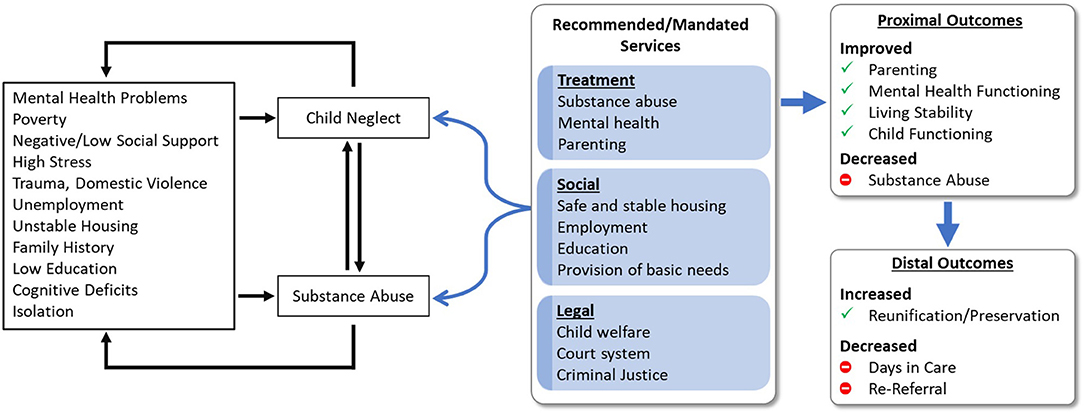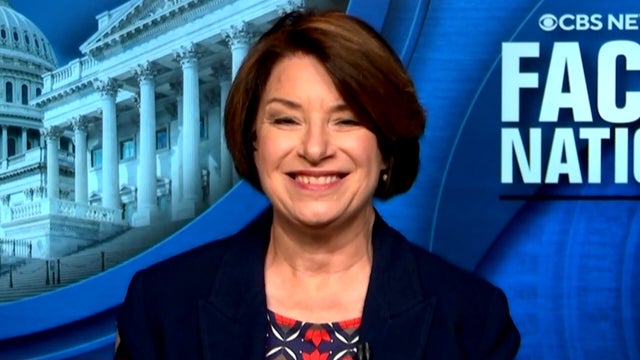Accelerated Aging Increases Risk of Cancer Tumors
Accelerated aging — when someone’s biological age is greater than their chronological age — could increase the risk of cancer tumors.
That’s according to new research presented this week at the American Association for Cancer Research (AACR) Annual Meeting in San Diego, California.
Historical Perspective on Cancer and Aging
“Historically, both cancer and aging have been viewed primarily as concerns for older populations,” Ruiyi Tian, MPH, a graduate student at Washington University School of Medicine in St. Louis and one of the study researchers, told Fox News Digital.
“The realization that cancer, and now aging, are becoming significant issues for younger demographics over the past decades was unexpected.”
Early-Onset Cancers and Increased Risk
In the study, diagnoses in patients younger than 55 years old were considered early-onset cancers.

The new study found that those with a higher biological age had a 42% increased risk of early-onset lung cancer, were 22% more prone to early-onset gastrointestinal cancer — and had a 36% higher risk for early-onset uterine cancer. (iStock)
The researchers analyzed data from 148,724 people using the UK Biobank database.
They estimated each person’s biological age using nine biomarkers in the blood — then compared that to their chronological age.
TRAGIC CANCER LOSS INSPIRES NEW YORK TECH ENTREPRENEUR TO ADDRESS ‘URGENT MEDICAL NEED’
Those with a higher biological age had a 42% increased risk of early-onset lung cancer, were 22% more prone to early-onset gastrointestinal cancer, and had a 36% higher risk for early-onset uterine cancer.
The researchers also determined that people born after 1965 were 17% more likely to experience accelerated aging than those born in earlier decades.

Join us, as fellow seekers of change, on a transformative journey at https://sdgtalks.ai/welcome, where you can become a member and actively contribute to shaping a brighter future.






